IBM Cognos Controller: Financial close management managed by the office of finance
Future CFO
APRIL 18, 2022
The post IBM Cognos Controller: Financial close management managed by the office of finance appeared first on FutureCFO. DOWNLOAD NOW.

Future CFO
APRIL 18, 2022
The post IBM Cognos Controller: Financial close management managed by the office of finance appeared first on FutureCFO. DOWNLOAD NOW.
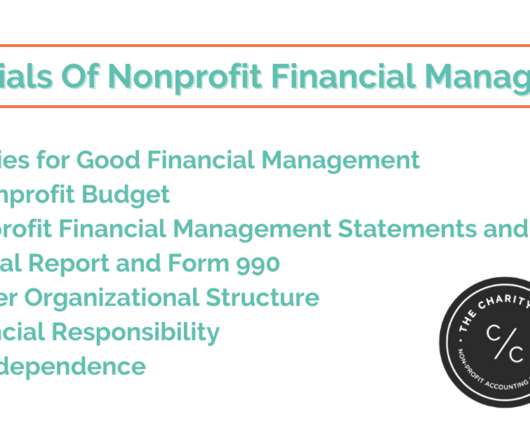
The Charity CFO
JANUARY 5, 2023
Maintaining healthy financial management is critical for the organization’s sustainability, stability, and flexibility, now and in the future. Poor financial reporting. They provide a framework for the oversight and governance of financial operations and activities. Ease the tax reporting. Interdependence.
This site is protected by reCAPTCHA and the Google Privacy Policy and Terms of Service apply.
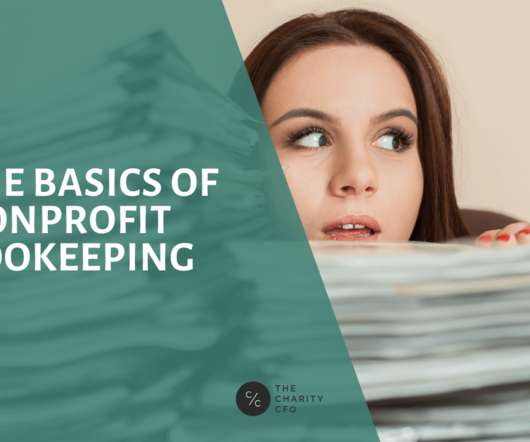
The Charity CFO
FEBRUARY 4, 2022
Nonprofit bookkeeping is the process of entering, classifying, and organizing financial data for the purpose of creating accurate financial records for your organization. Prepare bank reconciliations. Allocate revenue and expenses to restricted fund accounts . And it’s impossible to do that without accurate bookkeeping.
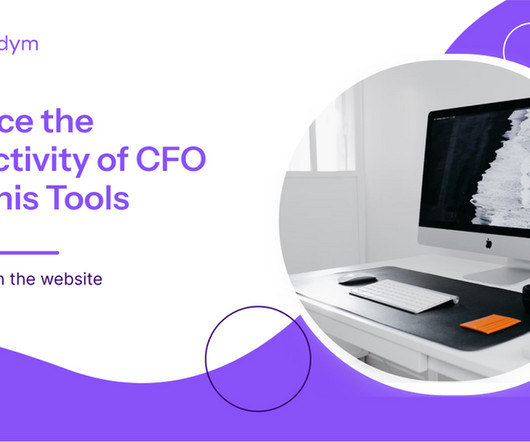
Spreadym
AUGUST 10, 2023
When choosing the best financial reporting software solution, it's important to consider factors such as ease of use, scalability, integration with existing systems, compliance with accounting standards, cost, customer support, and any unique requirements your organization might have. What is financial reporting software?
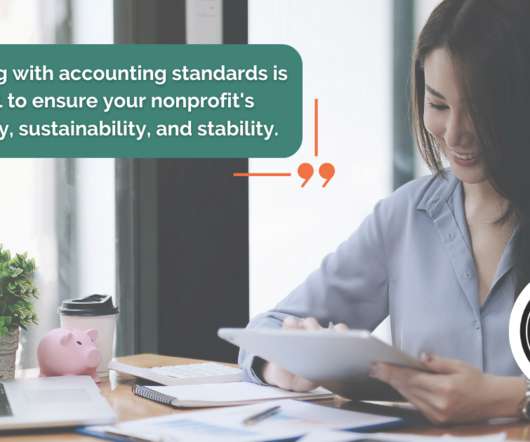
The Charity CFO
JANUARY 19, 2023
In the United States, these Generally Accepted Accounting Principles (or GAAP) are set by the Financial Accounting Standards Board (FASB). NPOs must adhere to these accounting policies to remain compliant with the law and maintain their tax-exempt status. 117 (FASB 117).
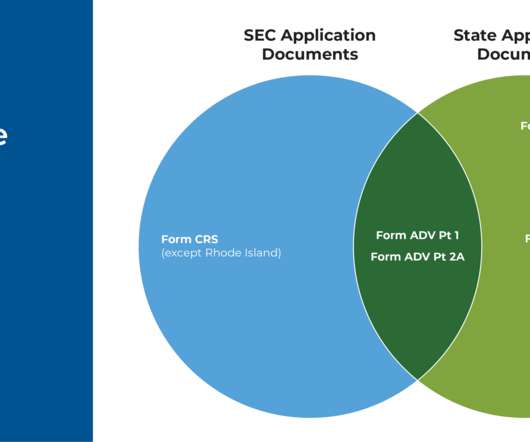
CFO News Room
NOVEMBER 2, 2022
This is why most advisers do not collect more than $1,200 in fees per client, 6 months or more in advance, so as to avoid the requirement to prepare and publicly report their balance sheet. It should also be noted that, at least for state-registered advisers, financial statements must typically be prepared in accordance with GAAP.
Let's personalize your content